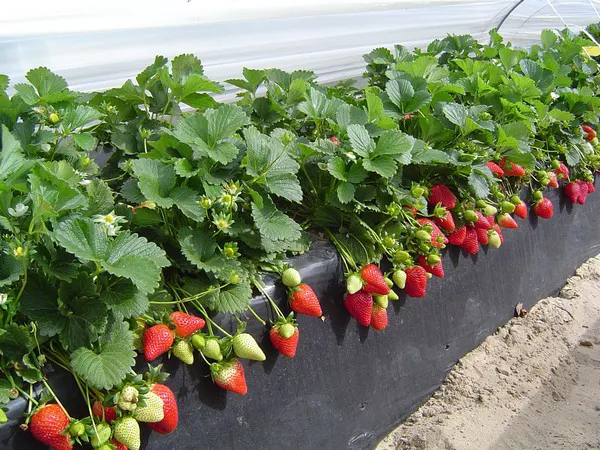The Association of Strawberry Producers and Exporters of Huelva, Freshuelva, has calculated that, as the strawberry campaign nears its midpoint, production is 30% lower than on the same date last season and that it will be very hard to recover from this fall in the rest of the campaign.
According to the manager of Freshuelva, Rafael Dominguez, this has been a very difficult campaign due to the many uncertainties they are facing at the same time. "We've been affected by the excessive increase in input prices, new phytosanitary regulations, and weather conditions that have hit us negatively since the beginning of the campaign."

The sector faced issues during the planting due to the excessive heat of October, which even forced producers to replant 20% of the plants. Then there was excessively cold in January and February, which led to a significant decrease in production and a scarce supply of strawberries in the markets, Dominguez stated.
In addition, there have been no rains after December, so the water allowed for irrigation continues to be restricted. "We are very worried about this because it's also affecting production very negatively. Production will surely be lower than last season," he added.
The raspberry spring campaign is at 40% of its development, and producers are hoping it will be good so they can offset the very negative results they had in the autumn campaign, mainly because of the fierce competition they faced from third countries such as Morocco.
As for blueberries, Freshuelva expects production will be 25% lower than expected, mainly because of the delay in the arrival of low temperatures, which hasn't allowed the crops to accumulate enough cold hours. It's worth noting that the lowest temperatures in November, December, and January have been above the average for those dates. In addition, the cold weather of the last weeks of February and early March led to a decrease in calibers.
Moreover, the water currently available for irrigation does not have the optimal quality parameters for the good development of the crop. "We are talking about low-quality water with a high concentration of salts that, in some areas, triples that concentration."
For more information:
Freshuelva
https://freshuelva.es
